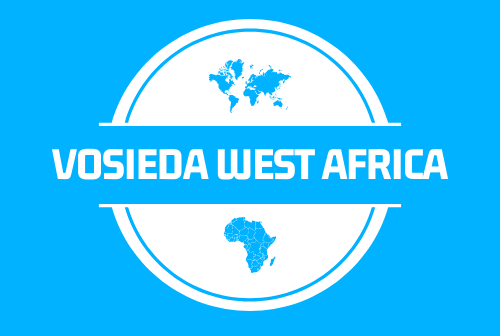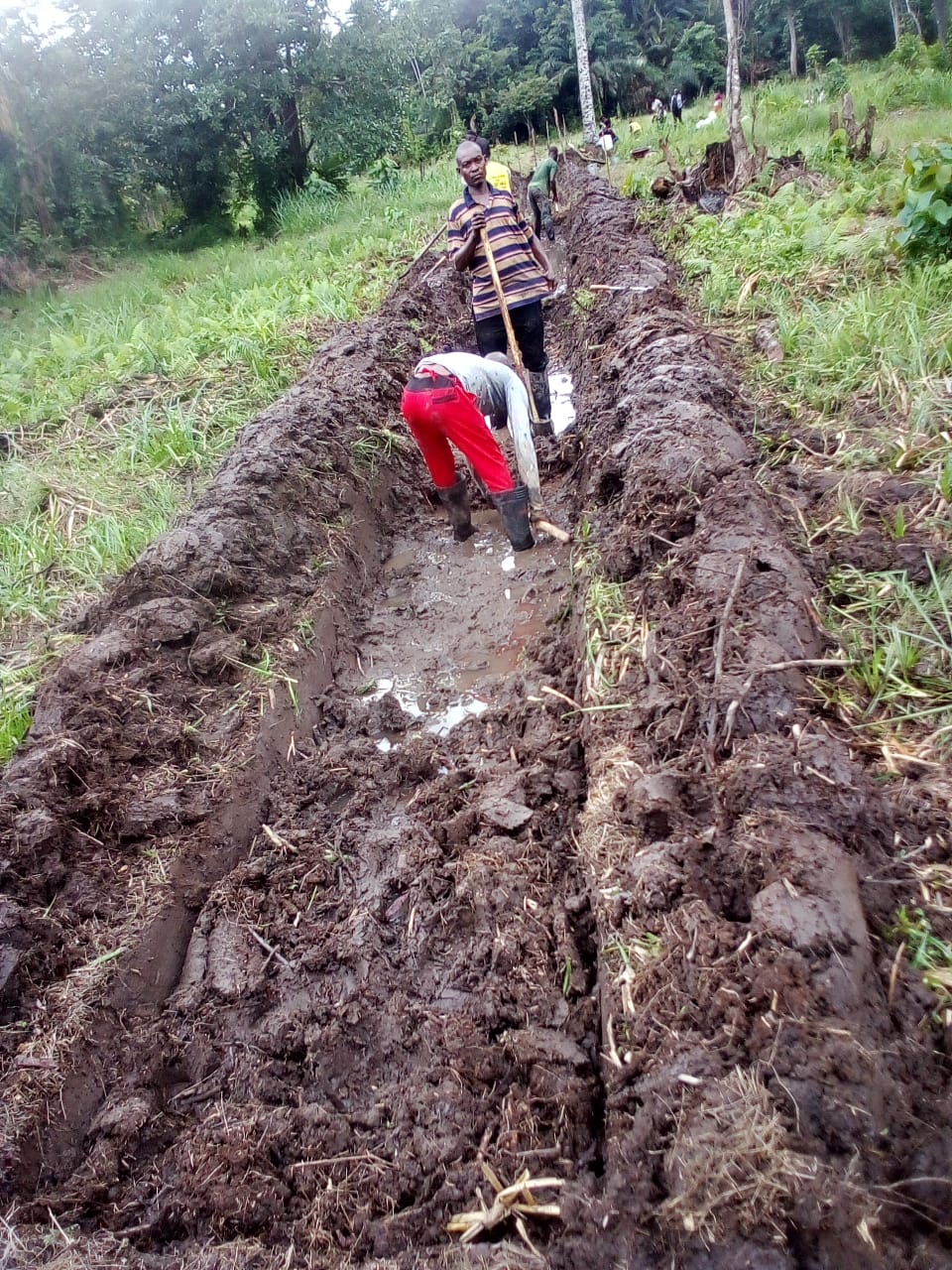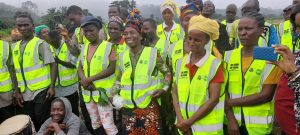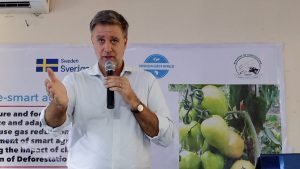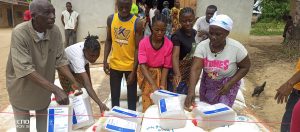The context
Liberia is currently faced with numerous climate change-related challenges that hinder development and affect smallholder farmers. These challenges include droughts, floods, pests, high temperatures, disease outbreaks, etc. Additionally, environmental degradation, soil fertility decline, poor infrastructure, and social issues among young people are becoming increasingly prominent. It is essential to address these challenges with a personalized approach, as the frequency and severity of challenges may vary across communities, and bolstering resilience is crucial. On the other hand, smallholder agriculture significantly contributes to climate change in Liberia due to land use changes such as wetland conversion, soil disturbance, land clearance, and deforestation that must be taken into account from an environmental standpoint.
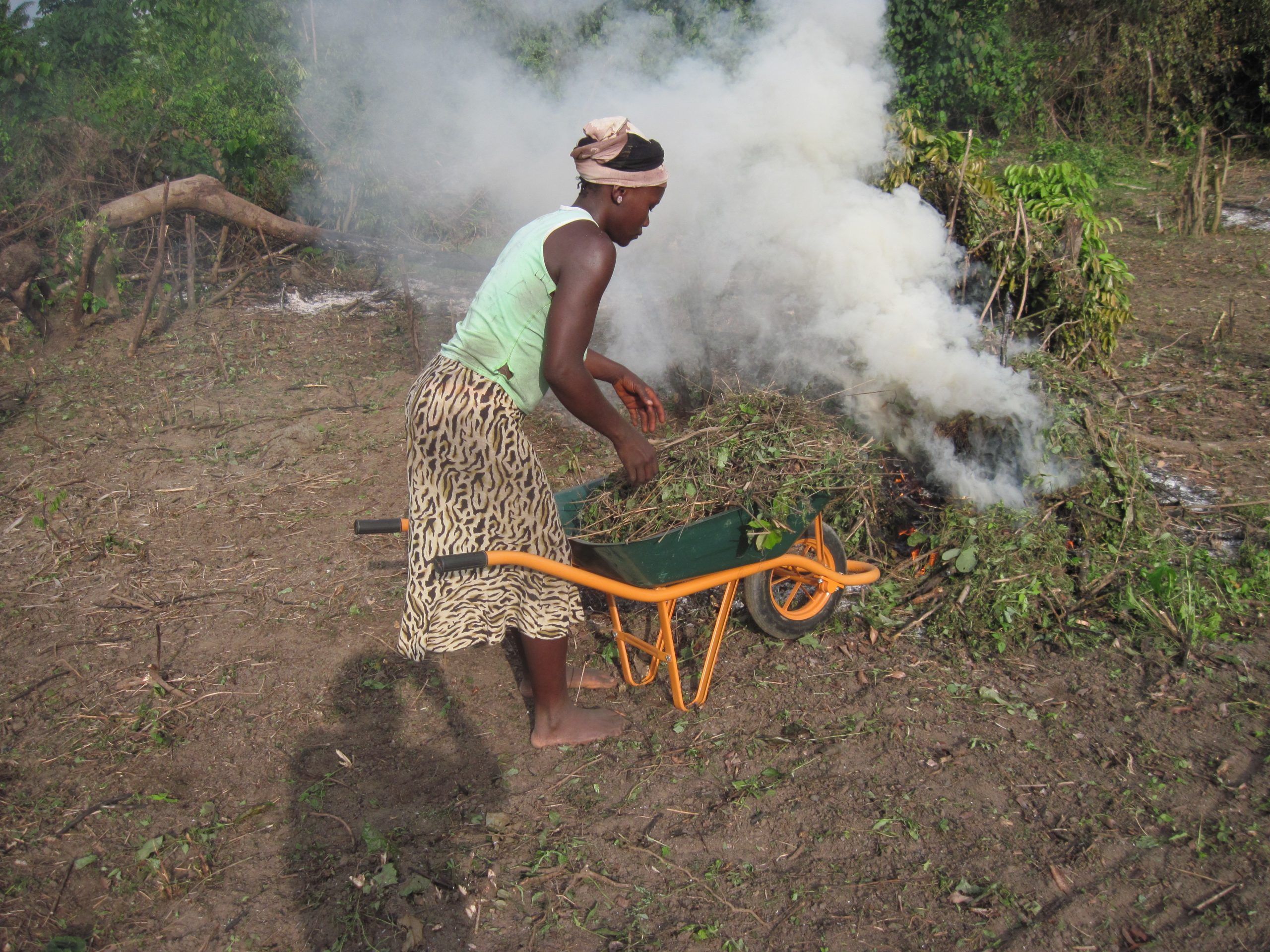
VOSIEDA’s resilience interventions aim to improve agricultural practices and strengthen the ability to respond to unexpected situations. As such, comprehensive risk and resilience assessments that are tailored to the local context are critical components of VOSIEDA’s approach. Furthermore, we are committed to transforming smallholder agriculture in Liberia by being unrelenting. We believe in the power of resilience and are dedicated to building it for every farmer we encounter. Through our core programs, we will continue to innovate, adapt and work hand in hand with farmers to achieve our goal of sustainable agriculture. Our vision is not just to build a resilient agricultural system, but to inspire many smallholder farmers around West Africa to a brighter and better tomorrow. Empowering smallholder farmers and building resilient food systems however demands an integrated, system-wide approach. It involves forging invaluable partnerships and allocating adequate resources for innovation, adaptation, and sustainability.
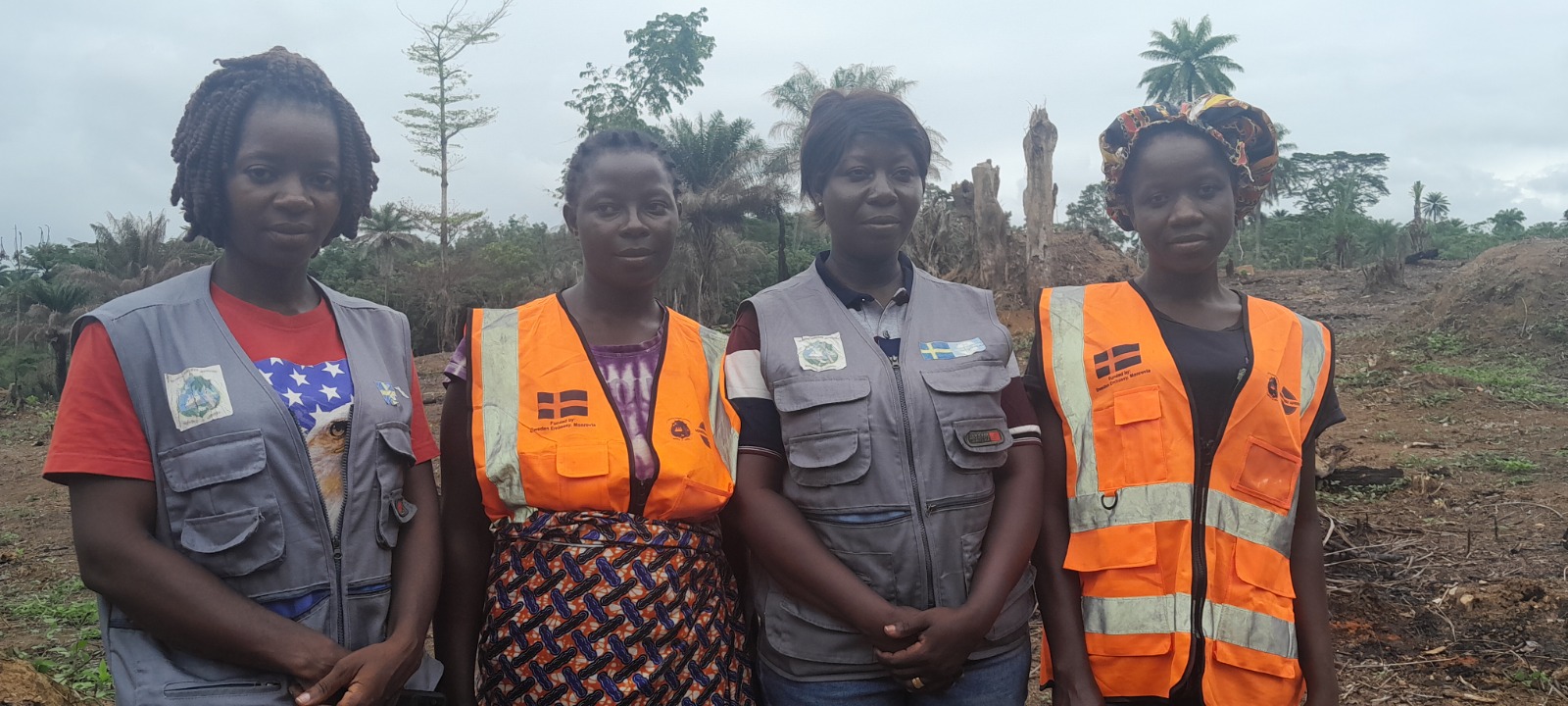
We prioritize women because their role in building resilience in agriculture cannot be overstated. In Liberia and the Mano River Basin, women are widely recognized for their exceptional skills in managing households and livelihoods. This makes them essential in climate change adaptation and other resilience-building initiatives in the agricultural sector. It is vital to acknowledge the remarkable contributions women make to agriculture and provide them with the necessary resources and support to ensure optimal results. With their capabilities in innovation, determination, and hard work, women can play a significant role in enhancing the sustainability and resilience of the agricultural sector in the region. Cooperating with women and other stakeholders, we can create a brighter future for agriculture, where resilience is a top priority.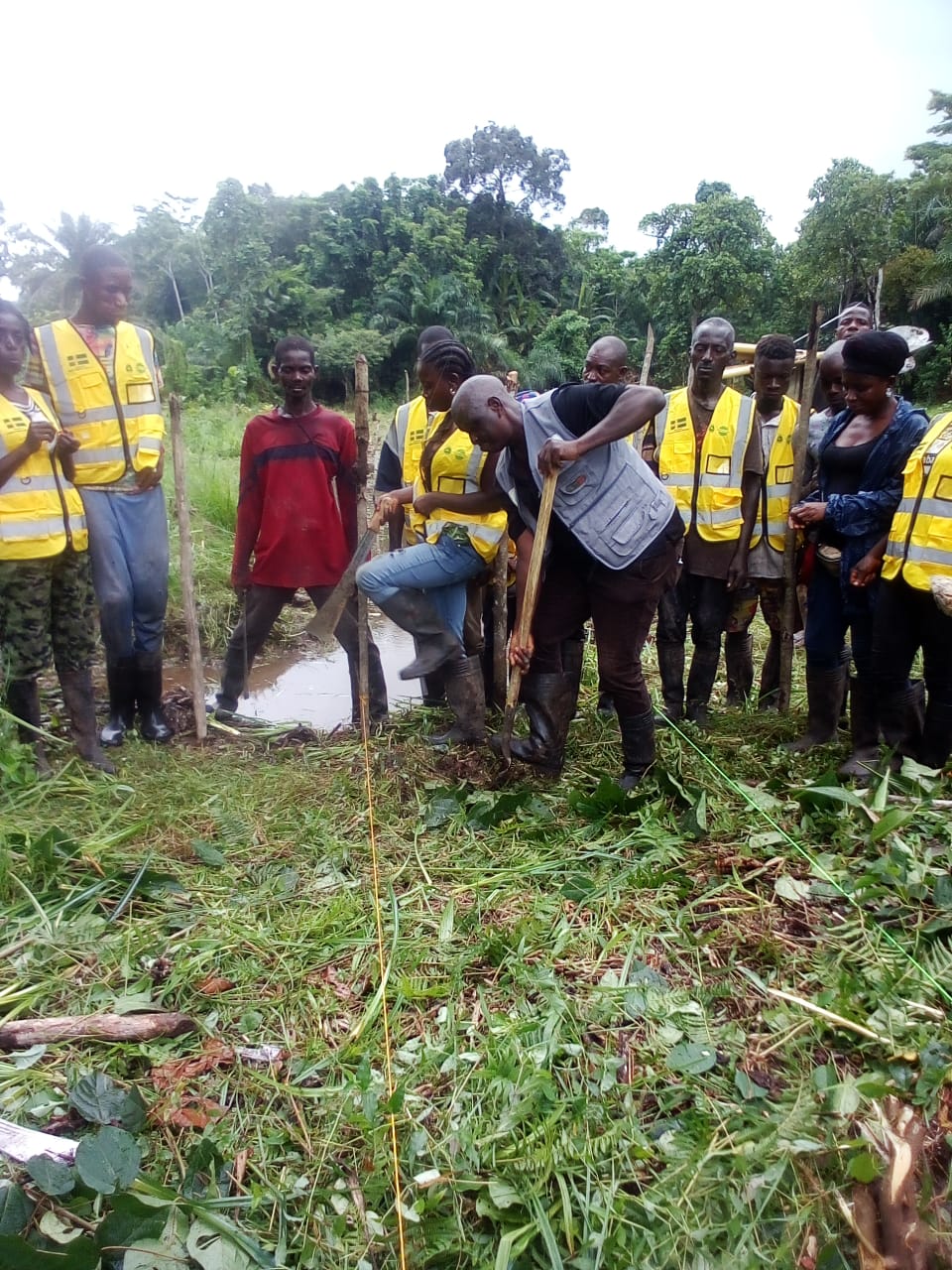

We are urging the Government of Liberia to formulate a policy and present a distinct strategy to support smallholder farmers in drastically reducing their dependence on nitrogen fertilizers, pesticides, and antibiotics. This should be done in consideration of climate, nature, and health by offering suitable alternatives such as the VOSIEDA climate-smart Project, which is being supported by the Swedish International Development Agency (Sida) through the Swedish Embassy in Monrovia.

Facebook
Twitter
LinkedIn
